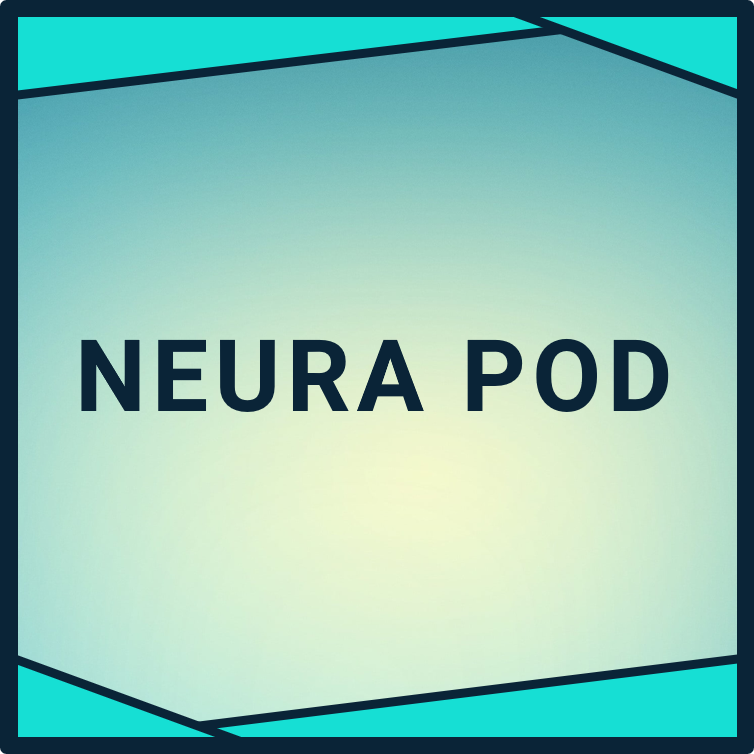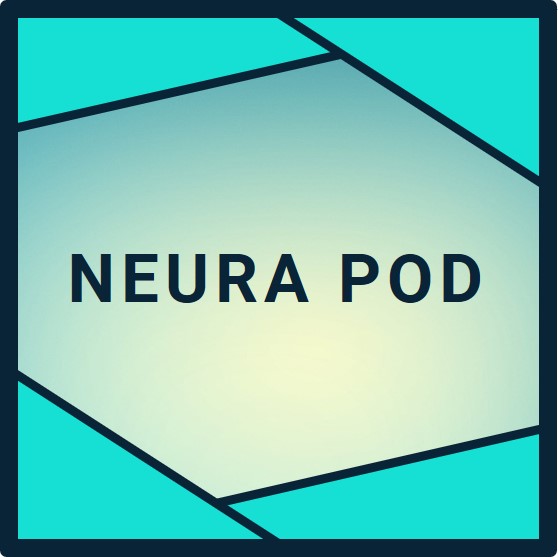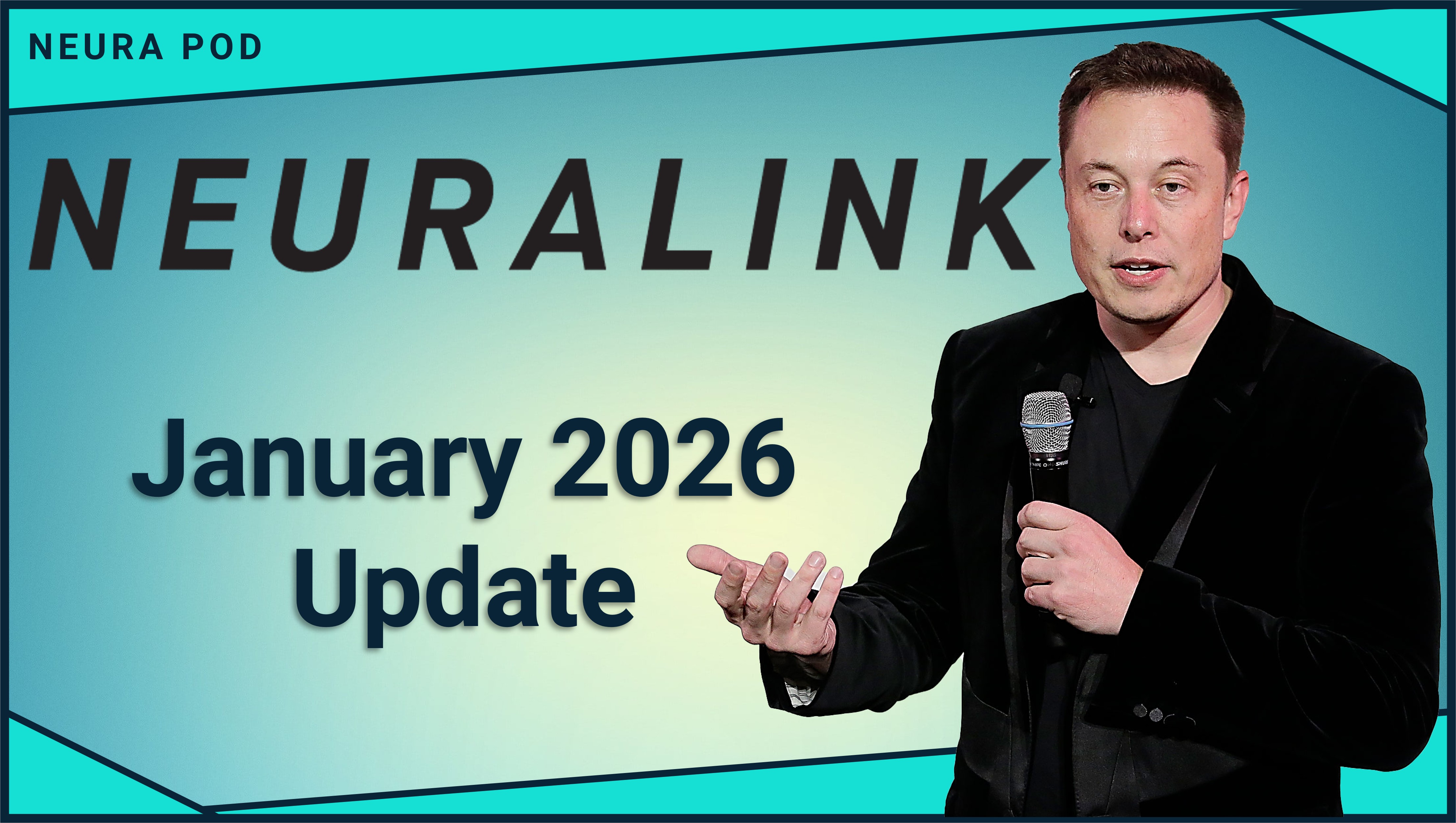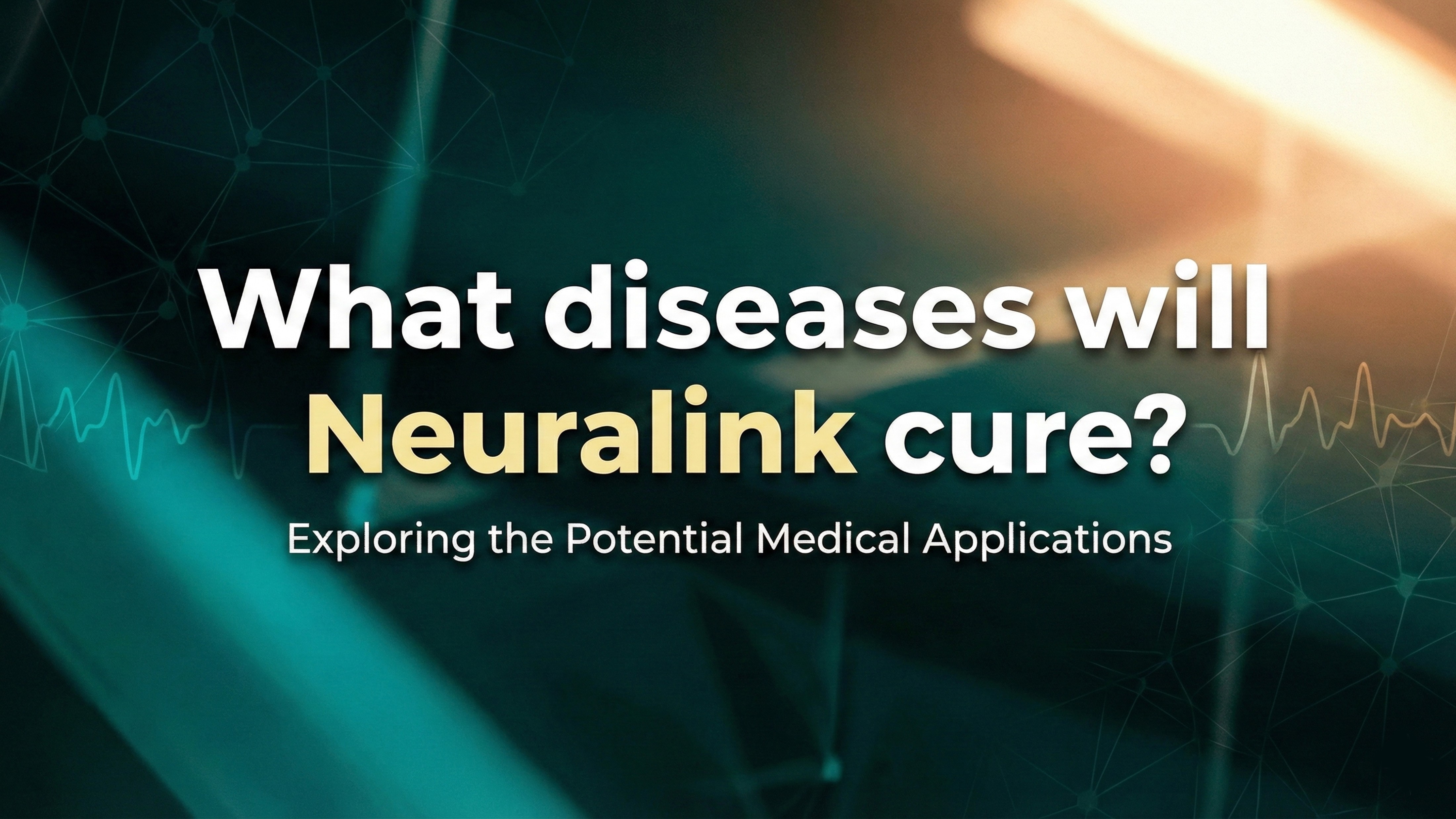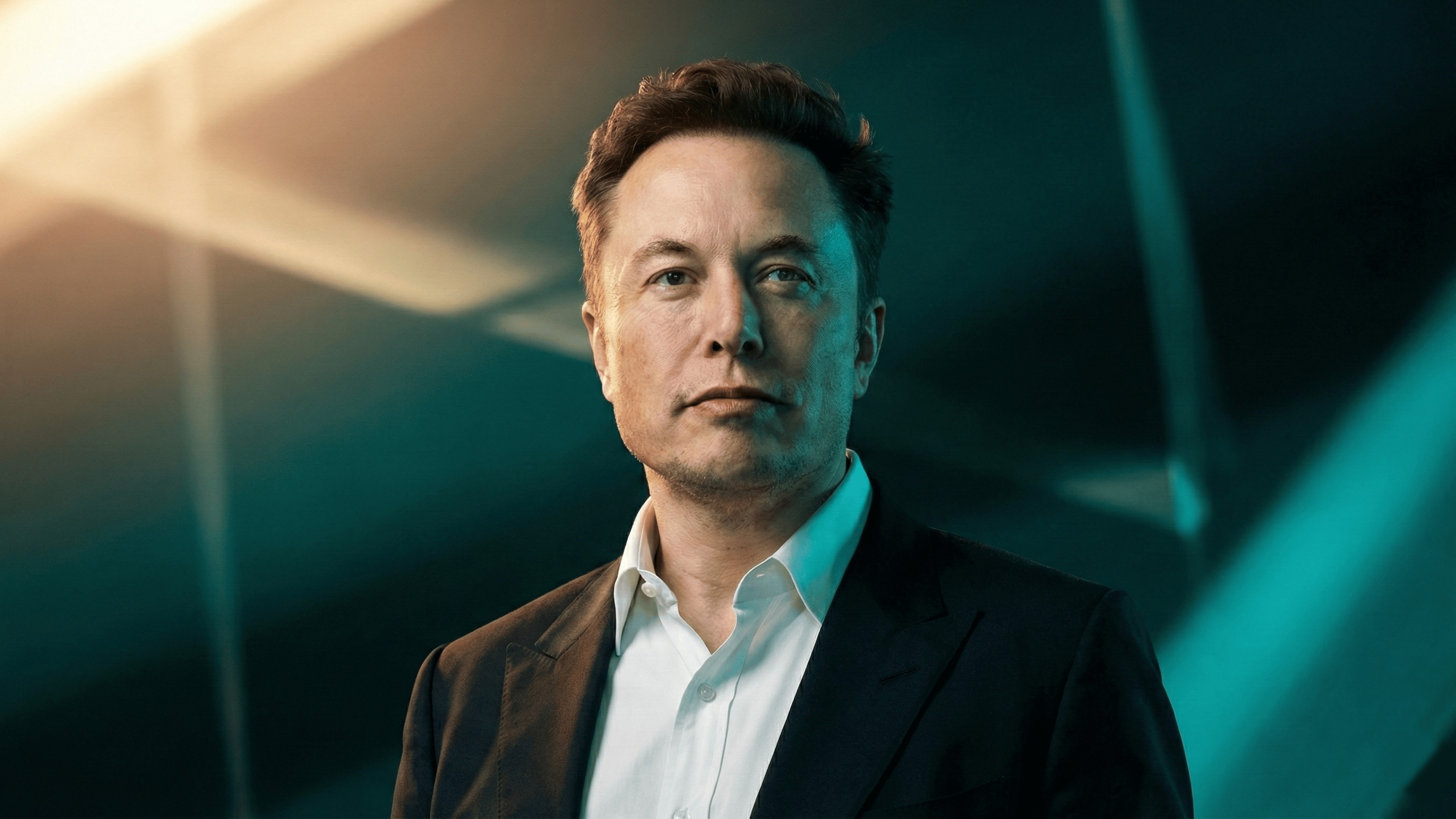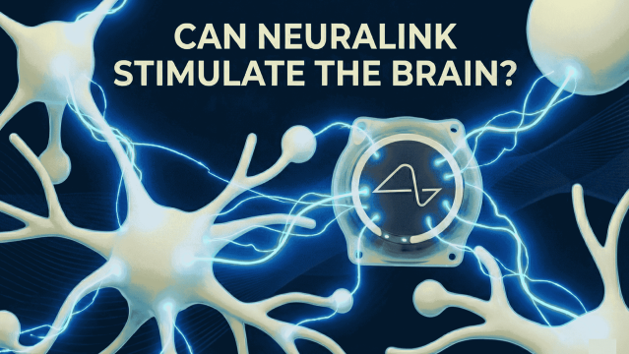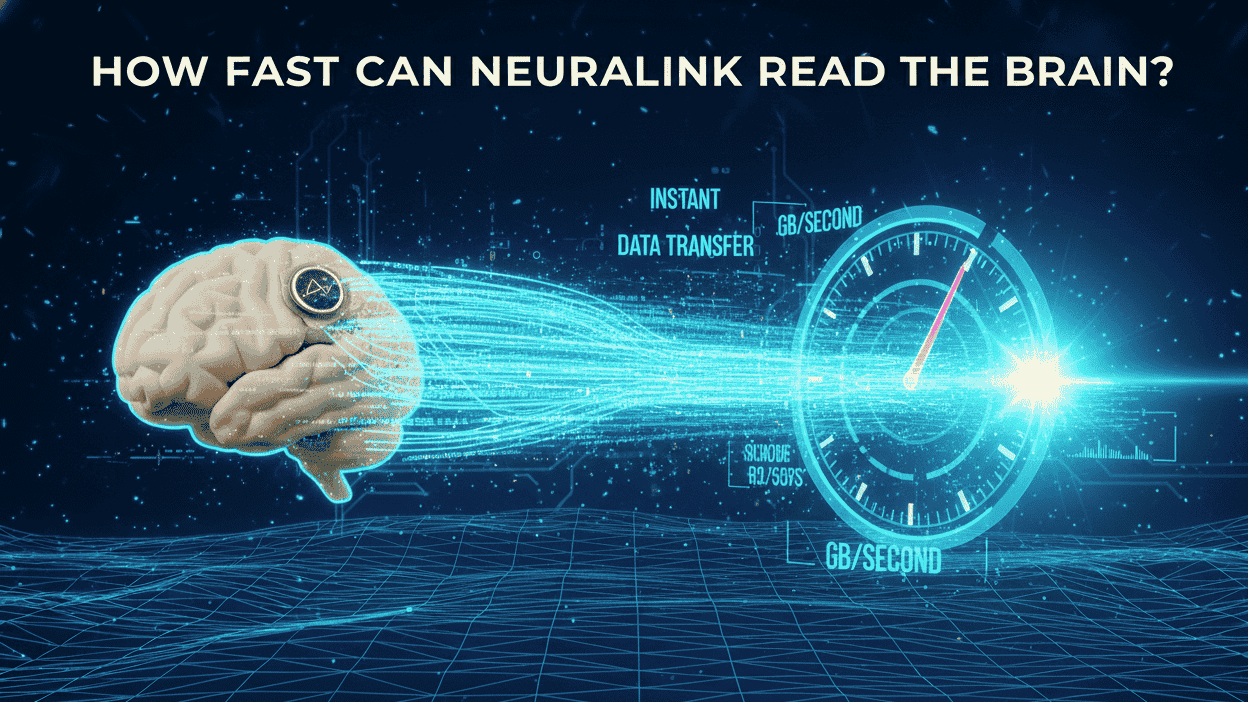- Neuralink partners with Barrow Neurological Institute, University of Miami Miller School of Medicine, University College London Hospitals, Newcastle Hospitals, and Cleveland Clinic Abu Dhabi to conduct its PRIME brain-computer interface clinical trials across multiple countries.
- These collaborations support over a dozen implants in patients with quadriplegia, enabling thought-based control of computers and devices with zero serious adverse events reported.
- Elon Musk leads Neuralink's expansion through new partnerships for visual prosthetics trials with researchers in California and Spain, positioning the company for broader BCI applications by 2026.
Neuralink PRIME Study Partnerships in the United States
Neuralink's flagship PRIME Study evaluates the safety and effectiveness of its N1 brain implant for individuals with quadriplegia from spinal cord injury or ALS. The company selected premier US institutions as trial sites to ensure high standards of care and rapid data collection.
Barrow Neurological Institute in Phoenix, Arizona, serves as a key US partner, hosting early implants and follow-up visits. This collaboration leverages Barrow's expertise in neurology and neurosurgery, facilitating precise robot-assisted implantation with the R1 surgical robot. Patients at Barrow report controlling cursors and typing at speeds exceeding 100 words per minute using thoughts alone.
The University of Miami Miller School of Medicine, through The Miami Project to Cure Paralysis, joined as another PRIME site. This partnership focuses on restoring digital autonomy for paralysis patients, aligning with Neuralink's mission. University of Miami physicians conduct screenings and surgeries, contributing to the study's early feasibility data submitted for peer review.
These US collaborations have enabled 10 implants by late 2025, with participants like Noland Arbaugh demonstrating daily use for gaming and 3D modeling. Elon Musk's strategic site selections accelerate FDA validation for wider access.
International Collaborations for Global PRIME Trials
Neuralink expanded PRIME internationally through targeted partnerships, launching country-specific variants to reach more patients efficiently.
In the United Kingdom, GB-PRIME operates in partnership with University College London Hospitals (UCLH) as the lead site and Newcastle Hospitals. Announced in July 2025, this collaboration enrolled the first UK participant by October, testing thought-controlled devices for severe paralysis. UCLH's advanced neurosurgery capabilities support safe implantation and long-term monitoring.
The United Arab Emirates hosts UAE-PRIME at Cleveland Clinic Abu Dhabi, in partnership with the Department of Health Abu Dhabi. Launched in May 2025, the trial targets motor and speech impairments, with initial surgeries completed successfully. Elon Musk highlighted this alliance, noting its role in Middle East innovation.
Canada's CAN-PRIME, approved in November 2024, follows similar models with local health authorities. These global ties reflect Neuralink's commitment to diverse patient data, enhancing implant performance across demographics. Over 10,000 registry members worldwide benefit from proximity to these sites.
Research Partnerships Advancing BCI Capabilities
Beyond clinical sites, Neuralink fosters research collaborations to refine its brain-computer interface technology.
The company maintains ties with top neuroscience departments for participant recruitment and data analysis. These academic partnerships provide early access to trial candidates and validate Neuralink's 1,024-electrode design.
A notable initiative involves visual prosthetics under the Blindsight program, which received FDA Breakthrough Designation. Neuralink collaborates with researchers in California and Spain on clinical trials to restore vision for the blind. This effort builds on PRIME data, adapting the N1 implant for cortical stimulation.
Neuralink also submitted its first human data from three patients to the New England Journal of Medicine for peer review in October 2025. While not a formal partnership, this step invites scientific scrutiny and potential joint publications, bolstering credibility.
Elon Musk's vision integrates these efforts, with CONVOY Study extensions testing robotic arm control at select US sites.
Future Plans for Neuralink BCI Partnerships
Neuralink outlines ambitious expansion through additional collaborations in 2026.
Australia and European Union sites are in regulatory discussions, aiming for 20-plus implants next year. Partnerships with more hospitals will support speech restoration trials for stroke and multiple sclerosis patients.
Device integrations with consumer tech firms are under exploration, enabling seamless thought control of phones and computers. Elon Musk emphasizes scaling to millions, prioritizing safe, high-bandwidth interfaces.
Cross-enrollment in studies like Device Control will leverage existing partners for multi-device testing. Neuralink covers travel costs, easing participation.
These plans position Neuralink ahead in BCI, with Elon Musk driving partnerships that deliver tangible benefits today while unlocking tomorrow's potential.
TL;DR
Neuralink's BCI partnerships with Barrow Neurological Institute, University of Miami, UCLH, Newcastle Hospitals, and Cleveland Clinic Abu Dhabi power PRIME trials across four countries, implanting devices in over a dozen patients for thought-based digital control. Elon Musk advances collaborations for UK, UAE, and visual prosthetics research in California and Spain, with zero serious issues after thousands of hours. Expansions to Australia, EU, and speech trials loom in 2026, restoring autonomy at scale through strategic alliances.
